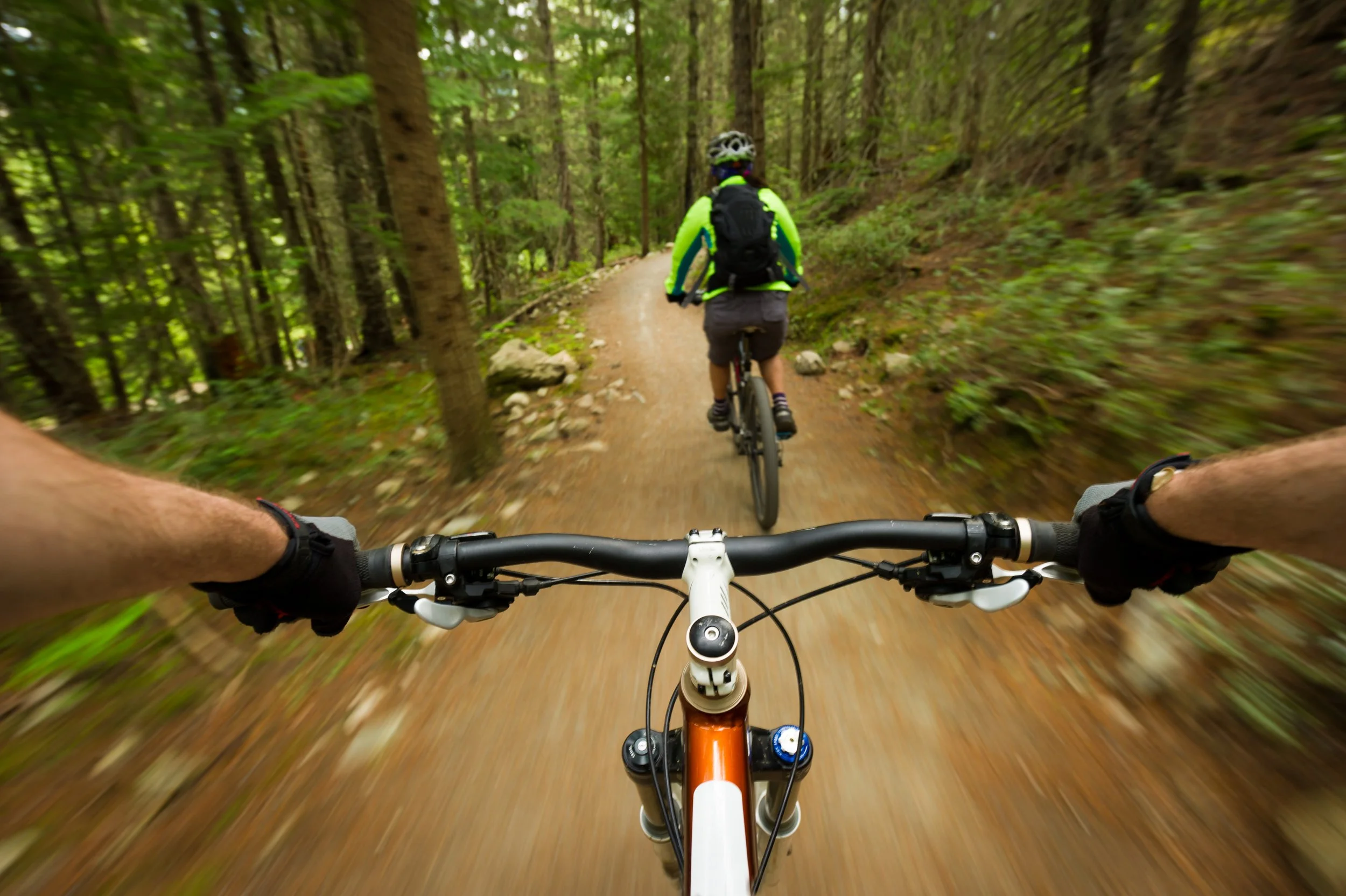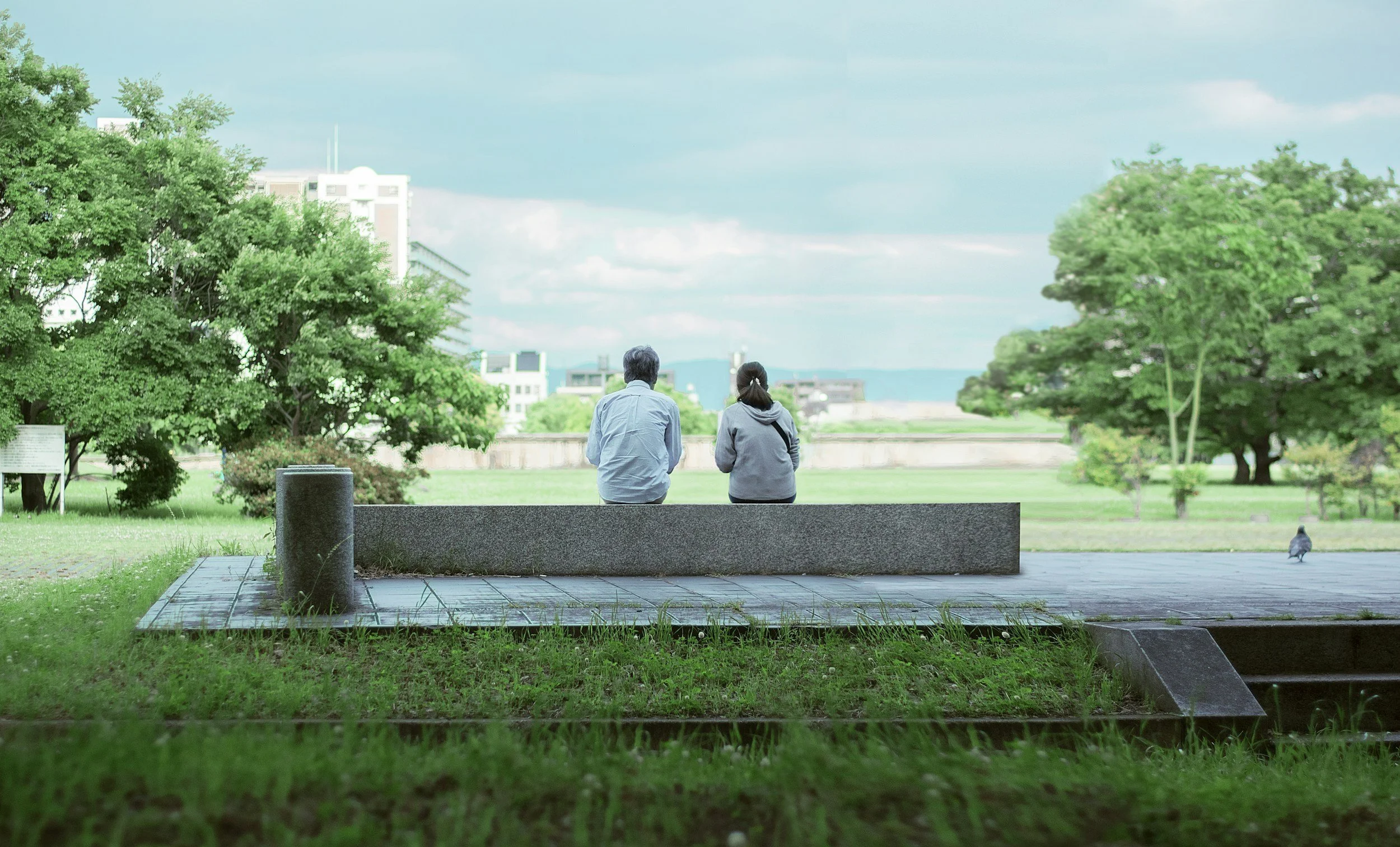
Services
What we do
Key elements health offers in-home/community mental health occupational therapy services across the Gold Coast. We are keen to connect with adolescents, young adults and adults in the mental health space and work with people where they are at and help them get to where they want to be.
Assessments
At key elements health, we believe in empowering individuals to live their best possible lives. We complete a range of assessments to determine areas of need and help guide treatment.
Assessments available:
-
An FCA helps us understand the unique needs of our clients and develop tailored solutions to overcome their barriers. This helps us in guiding you towards increased independence and confidence.
-
A Living Skills assessment is more specific than an FCA and targets one or two activities of daily living. Money management, behaviour management or community access would be examples of a targeted assessment. These assessments are useful to assist in recovery planning and to identify the barriers in place preventing people from moving forward in these areas. It allows for targeted and tailored intervention to ensure that people either develop independence or have the necessary supports put in place.
-
A sensory profile assessment is designed to evaluate an individual’s sensory processing patterns. These assessments help us understand how sensory information is perceived and processed, which in turn influences behaviour and learning. Utilising the renowned Sensory Profile as our primary assessment tool, we delve into the unique sensory experiences of each client, aiding in the development of tailored strategies to enhance daily functioning.
-
A mental health assessment investigates all areas of mental health and its impact on functioning. These assessments include a formulation which are hypotheses that need testing but often help explain why things are how they are, and therefore, how we can start to make desired changes.
Intervention
At Key Elements Health we can assist with a range of therapies, interventions and evidence-based services to support individuals to live with improved independence, health and wellbeing by either enhancing their personal skills, modifying the environment or adjusting the activities. We like to take a holistic approach considering all the different elements of wellbeing.
Examples of different interventions:
-
Helping individual identify and engage/reengage in meaningful activities such as bushwalking, mountain biking, skating, bouldering or other activities too.
-
Improving independence with self cares such as dressing, toileting, bathing, eating, managing medications
-
Assisting people to be able to look after their environment such as cleaning, washing, cooking, shopping community access.
-
Helping people find ways to regulate their emotional state through the use of sensory modulation.
Education
At Key Elements Health we provide education to families and individuals on a variety of topics including:
-
Sensory modulation is about using your sensory system to help regulate your emotional state
-
We provide information about how to find a better balance in life taking into consideration all the different elements involved in our overall wellbeing.
-
Sleep is such an important part of maintaining our health and overall wellbeing. We have proven strategies to help you get back into good sleep habits.
-
Want to understand the different zones of regulation? We can provide education to families and participants to help find the right zone for the right time.
Examples of Activities and their Benefits
-

Mountain Biking
Individual mountain bike sessions help participants gain increased confidence, improved communication, problem-solving skills, balance, coordination, endurance and a greater sense of resilience. These lasting outcomes can have profound effects on an individual’s life.
-

Bush Walking
Bush walking can be therapeutic as an activity by it self as the healing power of nature can improve wellbeing, decrease anxiety and depression. However, when it is combined with tailor made therapy such as mindfulness, sensory modulation and grounding then it can be a powerful medium to achieve lasting outcomes.
Additionally, this activity can improve endurance, resilience, strength and communication as well as decrease stress.
-

Beach Walks
People who increase their exposure to blue spaces, such as large bodies of water like the ocean are less likely to report depressive symptoms. Spending time near large bodies of water can improve stress, quality of life, and general mood.
This combined with specific psychoeducation can really improve overall wellbeing.
-

Skating
Individual skating sessions can help individuals build resilience, confidence, strength balance and coordination. This can lead to improved self esteem and the forming of a positive identity.
Additionally, individuals can practice and improve social skills and interactions in the community in real life situations but with safety of a support person.
-

Nature Watching
As mentioned before, people who increase their exposure to natural environments are less likely to report depressive symptoms. This may also improve stress, quality of life, and general mood.
Taking time to observe nature may also improve concentration, focus and help people better understand the world around them.
-

Slacklining
This is a sport that is not as well known but has been growing in popularity over the past 10 years. It can be a fantastic way to build core strength, balance and coordination as well as improve resilience and focus. This activity coupled with psychoeducation tailored to an individual’s needs can play a vital role in improved quality of life and wellbeing.
-

Bush Craft & Survival Skills
Getting out into nature and learning how to survive in the elements can help build resilience, problem solving skills and resourcefulness. This combined with education about mindfulness, stress coping strategies or mental health can be a fantastic way to achieve desired outcomes.
-

Education
All sessions can involve activities as well psychoeducation about emotional regulation, sensory modulation, mental health, sleep, routine and structure all to improve overall mental health and wellbeing.
How it works
FAQs
-
When trying to understand occupational therapy, people tend to get stuck on the word occupation, relating it purely to a job. Occupational therapist use the word "occupation to mean the things we do everyday, how we occupy our time. Therefore Occupational therapy is therapy for things we do everyday.
Occupations include looking after ourselves (self cares or pADLs) such as eating, dressing, bathing, toileting etc; looking after/organising our environment (self management or iADLs) such as washing, cooking, cleaning, shopping, engaging in meaningful activity.
Occupational therapists work with people to find ways to complete these tasks that may have become difficult after a change.
-
Gold Coast region for in person appointments as well as Telehealth options if further afield.
Contact us for more information.
-
There is growing evidence to support nature based therapy and the benefits of physical activity and connection with nature.
Check out Outdoor Health Australia for more information.
-
While our speciality is working in adventure based activities and building skills, we are flexible with what we do.
Adventure is a broad term that can mean different things to different people. What might be an exciting and fun activity for one person may be terrifying for someone else. That is why we have a thorough intake process to identify what types of activities you might be interested in prior to taking on any type of adventure.
One person's idea of adventure may be going to a park or botanical gardens or just being outside. We are willing to help you participate in activities that interest you.
Our suggestion will be to have as many sessions as possible out in some form of natural environment.
-
Do you have an umbrella or a rain coat? Certain activities will not be able to go ahead if the weather makes the activity too dangerous (such as flooding, hail or severe storms). However, for the most part if the weather is not perfect, just like life we need to get on with it (and maybe splash in some puddles along the way).
-
For more information around pricing, cost of services and different funding options, please reach out and contact us.







